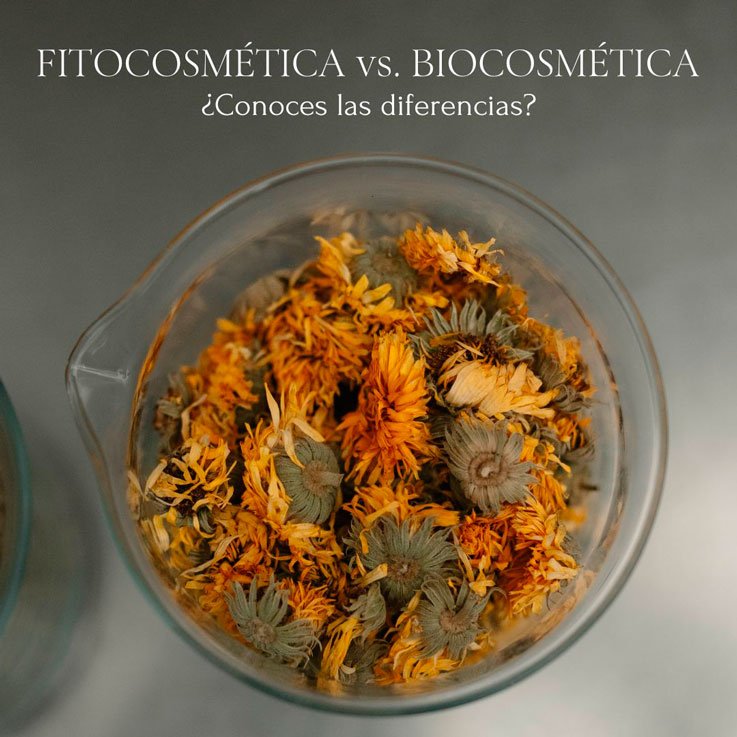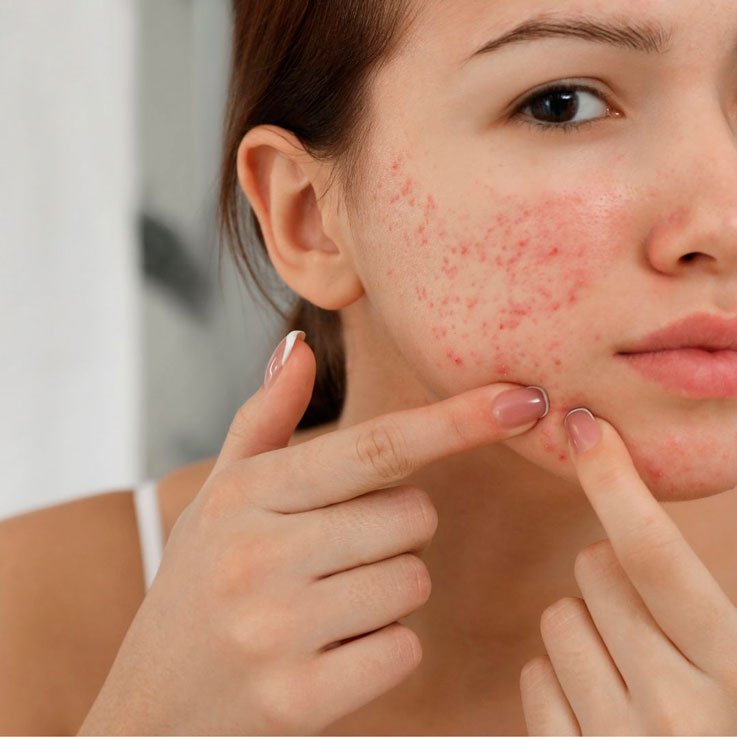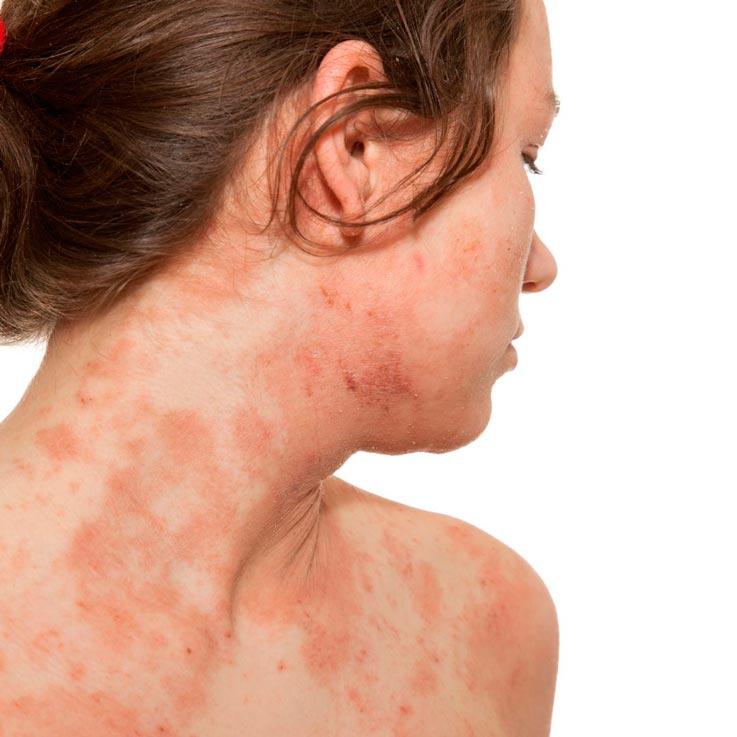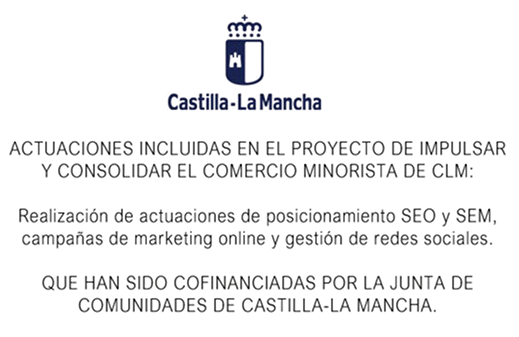Natural cosmetics have experienced significant growth in recent years, driven by the search for healthy and environmentally friendly alternatives. Among the most notable trends are phytocosmetics and biocosmetics (or organic cosmetics ) .
Although both are part of natural skincare, they have fundamental differences that can guide your choice based on your skin's needs and personal values.
What is phytocosmetics?
Phytocosmetics is based on the use of 100% plant- based ingredients. The term "phyto," derived from Greek, emphasizes the use of extracts, essential oils, hydrolates, and other compounds obtained from flowers, leaves, roots, seeds, and other parts of the plant. This approach combines traditional knowledge with modern formulation techniques to maximize the natural properties of plants.
Its features include:
- Plant-based: Ingredients extracted from various parts of plants are used, providing antioxidant, anti-inflammatory, and nourishing properties. Although based on natural ingredients, the ingredients used in phytocosmetics do not necessarily have to be organically grown or have specific certifications. For example, rosehip oil can be 100% natural without necessarily guaranteeing a certified organic cultivation process, in which no pesticides or synthetic chemicals have been used.
This versatility allows for a wide variety of formulations, making it attractive to those who wish to benefit from plant-based active ingredients using traditional methods.
What is biocosmetics or BIO cosmetics?
Biocosmetics , also known as organic cosmetics, take the natural approach a step further by requiring ingredients from certified organic farming . This means that, in addition to being natural, the ingredients must meet strict standards that prohibit the use of pesticides, synthetic fertilizers, and other harmful chemicals.

In our case, this commitment is reflected throughout the entire production process, from the selection of raw materials to final packaging, under recognized certifications endorsed by prestigious entities:
-
Natural Cosmetics Certification: At Såper, we adhere to the BioVidaSana Association's cosmetics standard, guaranteeing the traceability and integrity of our products. To achieve this, we use Bio-Inspecta certification, a Swiss entity affiliated with the Research Institute for Organic Agriculture (FiBL). Furthermore, our laboratory is authorized by the Spanish Agency for Medicines and Medical Devices.

-
Organic Cosmetics Certification: Såper's creations are classified as Category I "Organic Cosmetics," which means that between 90% and 100% of the ingredients are organic. This is recognized by the BioVidaSana ECOPLUS Seal, which distinguishes brands with the highest quality in terms of active ingredient concentration and organic origin.

-
Cruelty-Free & Vegan Certified: In 2017, we received PETA.org's international certification, which guarantees that our products are vegan, free of animal-derived ingredients, and have not been tested on animals.

- Other Quality Commitments: Our organic cosmetics are handcrafted in small batches, using fresh, active ingredients. They are packaged in recyclable violet crystals, free of toxins, BPA, and other additives such as alcohol, parabens, sulfates, pesticides, GMOs, silicones, phthalates, and bisphenol A. They have also been internationally recognized, winning awards such as the "Beauty Shortlist Awards."
This set of certifications and recognitions not only guarantees the purity and sustainability of each product, but also supports Såper's commitment to environmental protection and animal welfare.
Fundamental differences between phytocosmetics and biocosmetics
A direct comparison helps highlight the key differences:
| Feature | Phytocosmetics | Biocosmetics (Bio Cosmetics) |
| Origin of the Ingredients | Vegetable, can come from conventional crops | Vegetable, exclusively from certified organic farming
(May also contain ingredients of animal origin such as beeswax, honey, or milk, from organic production. We have decided not to use any ingredients of animal origin.) |
| Certifications | It is not mandatory to have specific stamps | Certified by entities such as Bio-Inspecta and BioVidaSana, with the ECOPLUS seal and PETA.org Certification |
| Sustainability | May include sustainable practices in a variable way | Controlled processes to minimize environmental impact and promote biodiversity |
| Production Processes | They vary according to the brand and traditional methods | Handcrafted in small batches, ensuring freshness, integrity and quality |
| Environmental Impact | It depends on the cultivation and extraction method. | Highly oriented towards environmental protection, with recyclable and non-toxic packaging |
This table demonstrates that, although both alternatives are based on natural ingredients, biocosmetics offer an additional guarantee in terms of sustainability, quality, and social responsibility, aspects in which we have invested to certify and distinguish our products.

Benefits and considerations for the skin
Phytocosmetics
-
Advantages:
- A wide variety of formulations that take advantage of the traditional benefits of plant-based active ingredients.
- It can be an accessible option based on ancient knowledge of medicinal plants.
-
Considerations:
- The lack of organic certification for some products can raise concerns about the growing method and the possible presence of pesticide residues.
Biocosmetics
-
Advantages:
- Ensures the purity and sustainability of ingredients through strict certifications.
- In Såper's case, its products are backed by international certifications (BioVidaSana, Bio-Inspecta, ECOPLUS, and PETA.org) that ensure organic, artisanal, and cruelty-free production.
- Contributes to environmental protection and the promotion of responsible agricultural practices.
-
Considerations:
- High standards of quality and certification may imply a higher cost.
- The supply of certain ingredients may be limited by the requirements of organic farming.
Dermatological and toxicological studies show that using products formulated with high-purity, sustainable ingredients can promote skin health. Therefore, it's essential to know the origin and traceability of the ingredients to choose the option that best suits your needs and personal values.
Certified quality for natural and sustainable skin care
The choice between phytocosmetics and biocosmetics depends on what you value in your personal care routine. If you're looking for purity, sustainability, and a true commitment to the environment , biocosmetics are the best option. Brands like ours have adopted a comprehensive approach, certifying their processes and products to ensure that every step, from cultivation to packaging, meets high quality standards. This translates into products that, in addition to caring for the skin, provide benefits for biodiversity and animal welfare.
On the other hand, if you prefer to take advantage of the traditional benefits of plant-based active ingredients without the need for organic certification, phytocosmetics can offer you a wide range of effective products.
Learning about the origin, certification, and manufacturing process of products is essential for making an informed decision that aligns with your personal values.
So, by evaluating an INCI label , you'll be able to appreciate the transparency and commitment of brands like Såper, which strive not only for effective skin care, but also for a positive impact on the planet.







